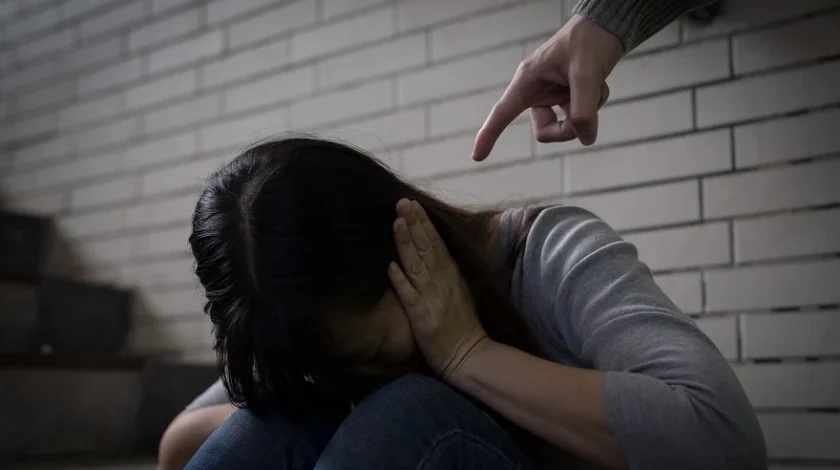Imagine finally summoning the strength to leave a relationship marred with violence and abuse, only to find that the perpetrator will have the opportunity to scrutinise and cross-examine you for hours on end if there are contested family law court proceedings.
Unfortunately, this hypothetical scenario is not a rare occurrence, with research conducted by the Australia Institute of Family Studies finding that 173 final hearings where one or more parties was self-represented have involved allegations of violence in the last two years.
One of the issues associated with having to directly cross examine, or indeed be cross examined by a family violence perpetrator during family law proceedings, is that there is high potential for the evidence to be vague and unclear. The power dynamics are uneven and victims often feel intimidated, both when giving evidence and throughout the cross-examinion of their alleged perpetrator.
In an attempt to address the power imbalance that exists within family law matters involving family violence, Attorney-General Christian Porter introduced the Family Law Amendment (Family Violence and Cross-examination of Parties) Bill 2018. The Act commenced on 10 March 2019, and will apply to cross-examination from 10 September 2019, in proceedings instituted either before or after that commencement.
These amendments seek to improve the protections offered to those affected by violence and abuse through the family law system. It seems that the Act has come as a direct response to recommendations made by the House of Representatives Standing Committee on Social Policy and Legal Affairs’ 2017 report ‘A better family law system to support and protect those affected by family violence’.
The Act prohibits personal cross-examination in family law proceedings where there is an allegation of family violence between two parties and any of the following circumstances (set out in paragraph 102NA(1)(c) apply:
- Either party has been convicted of, or is charged with an offence involving violence, or a threat of violence, to the other party;
- A family violence order (other than an interim order) applies to both parties;
- An injunction under section 68B or 114 for the personal protection of either party is directed against the other party; and/or
- The court makes an order that the requirements of subsection (2) are to apply to the cross-examination.
The Act also provides judges with the discretion to prevent direct cross examination on its own initiative, or if the relevant application is made by either party to the matter. If direct cross-examination is prohibited, the Act requires that cross examination be conducted by a legal representative. Where possible, parties would need to obtain their own legal representation, or in the event that a party is unable to source private representation, they may be able to access legal aid.
If direct cross-examination is not prohibited, the Act requires the court to apply other appropriate protections such as allowing the victim to appear via video link from a safe room (NB. these measures apply to both the victim and the alleged perpetrator). The hope is for evidence to be more reliable, and to provide safeguards to protect victims that are fearful of facing their perpetrators.
If you have a query relating to any of the information in this piece, or you would like to speak with one of Coleman Greig’s Accredited Family Law Specialists with regard to your own matter, please don’t hesitate to get in touch today.
Coleman Greig Lawyers takes a zero-tolerance stance with regard to any and all forms of violence against women.













